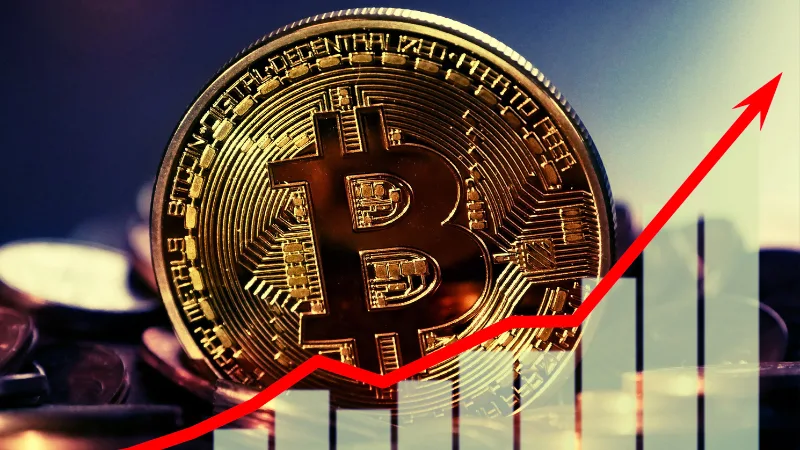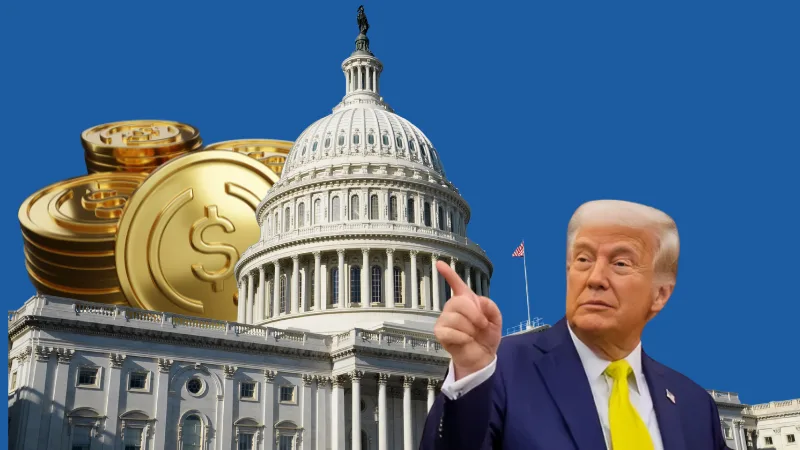In a dramatic shift that could reshape the future of cryptocurrency in the United States, the Securities and Exchange Commission (SEC) has voluntarily dropped its high-profile lawsuits against Binance and Coinbase. These cases had been central to the agency’s aggressive stance against the crypto sector, accusing the two leading exchanges of violating securities laws and operating without proper registration. The dismissals, particularly under the Trump administration and SEC Chairman Paul Atkins, signal a major pivot in U.S. regulatory policy toward digital assets.
SEC Case Against Binance: Dismissed With Prejudice
The SEC’s case against Binance was initially filed in June 2023. The agency accused the exchange, and its founder Changpeng Zhao (commonly known as CZ), of running an unregistered exchange and commingling customer funds. The allegations, which also involved misleading investors and flouting U.S. securities laws, were some of the most severe ever brought against a crypto firm.
However, on May 29, 2025, the SEC dismissed the lawsuit with prejudice — a legal term meaning it cannot be refiled. This is a rare move in regulatory enforcement and effectively closes the chapter on the SEC’s pursuit of Binance for these specific allegations.
This outcome follows a separate $4.3 billion settlement Binance made with the Department of Justice in 2023. That settlement included a guilty plea from CZ for violating anti-money laundering laws. He paid a $50 million personal fine and served a four-month prison sentence. With those penalties served and systemic reforms reportedly underway within the company, the SEC appears to have decided further litigation was unnecessary or unwinnable.
Binance issued a public statement describing the dismissal as a “landmark moment” that reflects the maturing of crypto regulation in the U.S. The company also praised the Trump administration’s more innovation-forward approach to fintech and digital asset oversight.
SEC Case Against Coinbase: Quietly Discarded
Coinbase, a publicly traded U.S. company, was targeted by the SEC in 2023 for allegedly operating as an unregistered securities exchange, broker, and clearing agency. The case was viewed as a test of how far the SEC could push its interpretation of securities laws to cover digital assets.
In February 2025, the SEC dropped the lawsuit against Coinbase without much fanfare. The agency cited “ongoing strategic reassessment” and a desire to focus on proactive rulemaking rather than litigation. This marked a substantial retreat from the enforcement-heavy approach seen during the Gensler-led SEC.
Coinbase CEO Brian Armstrong reacted strongly, calling the case “a waste of taxpayer money” and stating it never should have been filed. In a blog post, Coinbase reiterated its commitment to regulatory compliance and pushed for the SEC and Congress to provide a workable regulatory framework for the crypto economy.
The decision to drop the Coinbase case was welcomed broadly by investors and crypto advocates alike. It reduced legal uncertainty and reinforced the perception that U.S.-based crypto firms could operate without constant fear of regulatory retaliation — at least under the current administration.
A Broader Regulatory Climate Shift
These case dismissals are not isolated events but part of a much larger regulatory reversal. Under President Trump’s renewed leadership and with Paul Atkins at the helm of the SEC, the approach to cryptocurrency has moved from one of hostility to one of cautious support. Atkins, a known skeptic of “regulation by enforcement,” has prioritized clarity, transparency, and innovation.
Among the most notable changes:
- The disbanding of the DOJ’s crypto fraud unit
- The SEC’s formation of a new Crypto Task Force focused on developing tailored rules
- A halt to investigations into several other firms, including Robinhood and Kraken
This about-face has triggered fierce debates. Supporters argue it’s long overdue, giving the U.S. a competitive edge in global crypto markets. Critics warn it may weaken consumer protections and embolden bad actors.
Financial regulation experts have noted that while enforcement has paused, rulemaking has not caught up. Without updated laws from Congress, the SEC and other agencies are attempting to retrofit outdated statutes to fit digital finance — a legal strategy that has proven controversial and ineffective.
Market Reaction and Industry Response
Market reaction to the SEC’s decisions has been mixed. On one hand, the removal of major legal overhangs has provided relief to investors. On the other, Bitcoin and other cryptocurrencies have pulled back slightly since the announcements.
Bitcoin dropped 2.3% to around $105,935 in the days following the Binance case dismissal. Ether and XRP also saw modest declines. Analysts attribute the movement more to broader market volatility and profit-taking rather than direct fallout from the legal news.
The crypto industry, however, is celebrating. Binance called it “vindication.” Coinbase used the moment to renew its call for clear, long-term rules. Even traditional financial institutions weighed in positively, with Goldman Sachs noting that regulatory clarity could unlock more institutional capital.
Still, skeptics remain. Former SEC attorneys have warned that dismissals without enforcement precedent could open the door to further abuse in the space. “Without meaningful guardrails, we risk a return to the Wild West,” said one former enforcement director.
What Comes Next?
The dismissal of the SEC’s cases against Binance and Coinbase marks a turning point in U.S. crypto regulation. The enforcement-heavy era appears to be over — at least for now — and the future will depend heavily on how the new Crypto Task Force crafts policy and how Congress responds.
For crypto investors, this is a moment of cautious optimism. Legal uncertainty has eased, but clarity is still lacking. For crypto companies, the path is opening toward innovation, but the need for good-faith compliance remains high. And for regulators, the challenge is how to promote growth without giving fraudsters a free pass.
As 2025 continues to unfold, all eyes will be on Washington, where the next chapter in crypto regulation will be written — not in the courtroom, but at the policy table.





